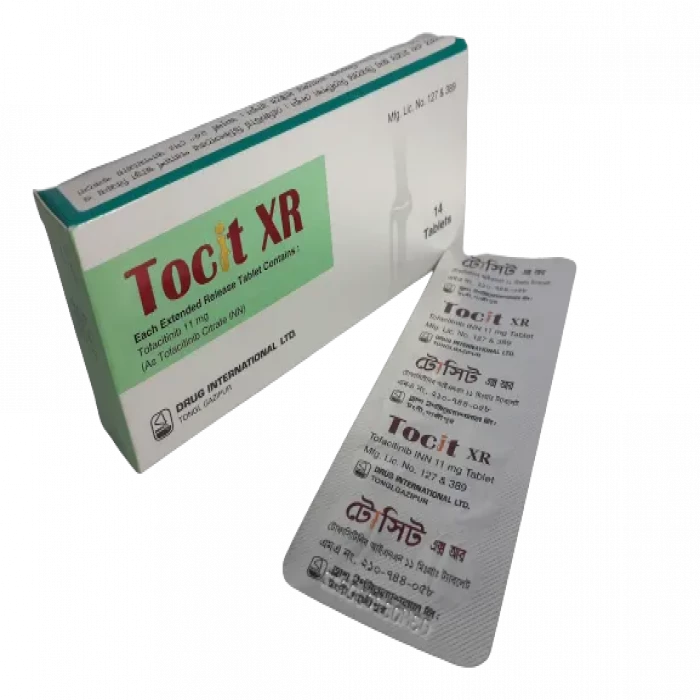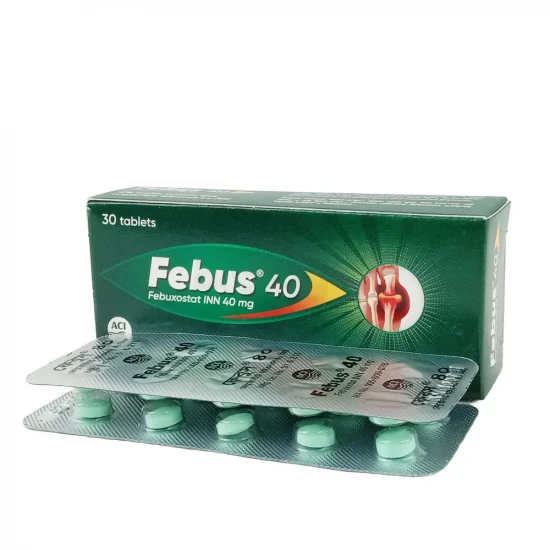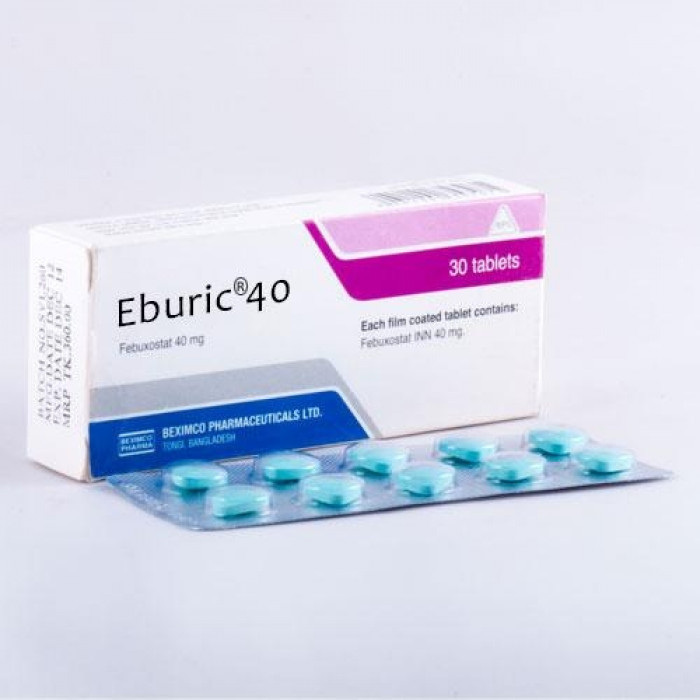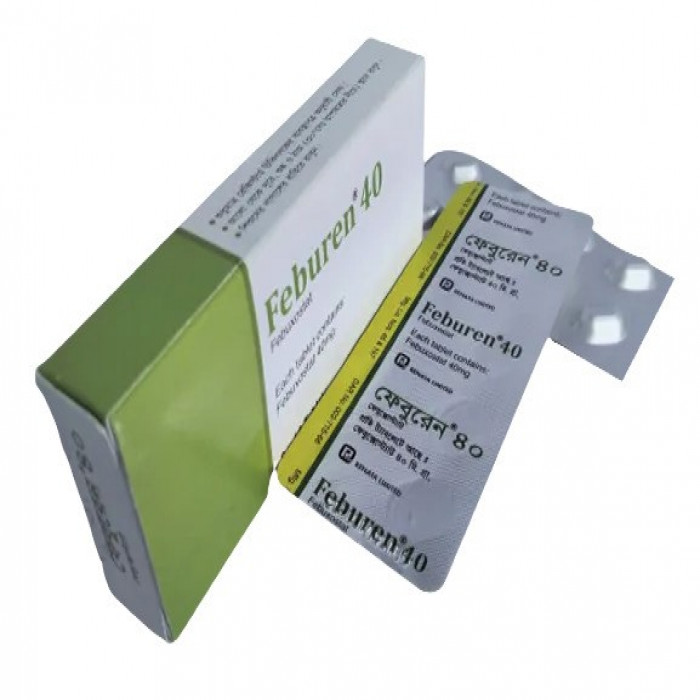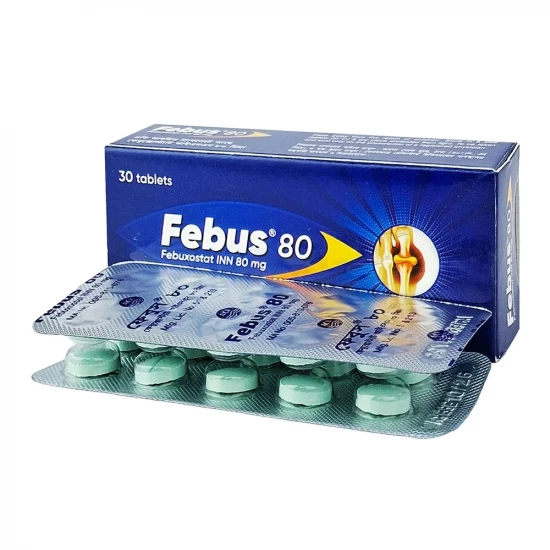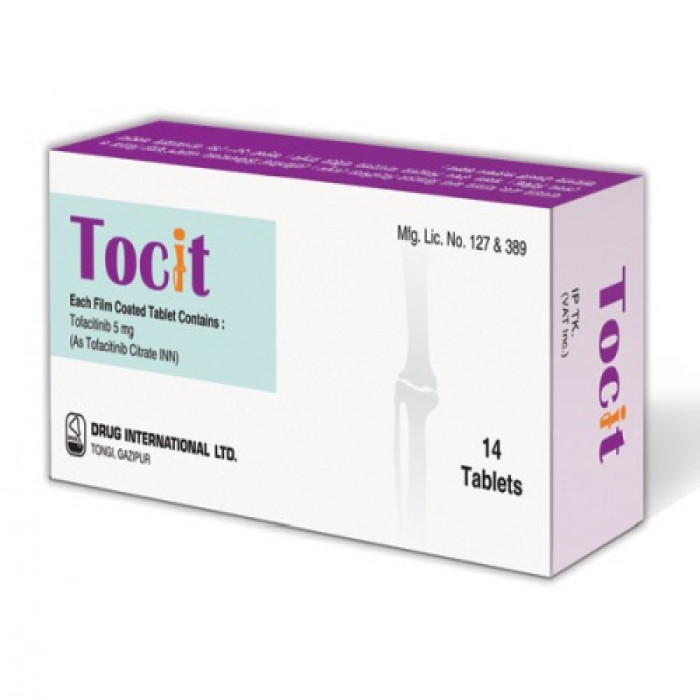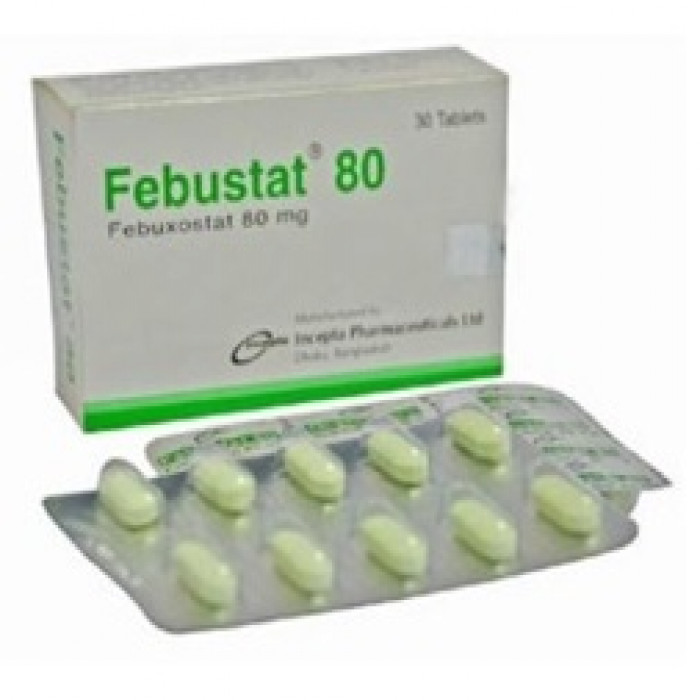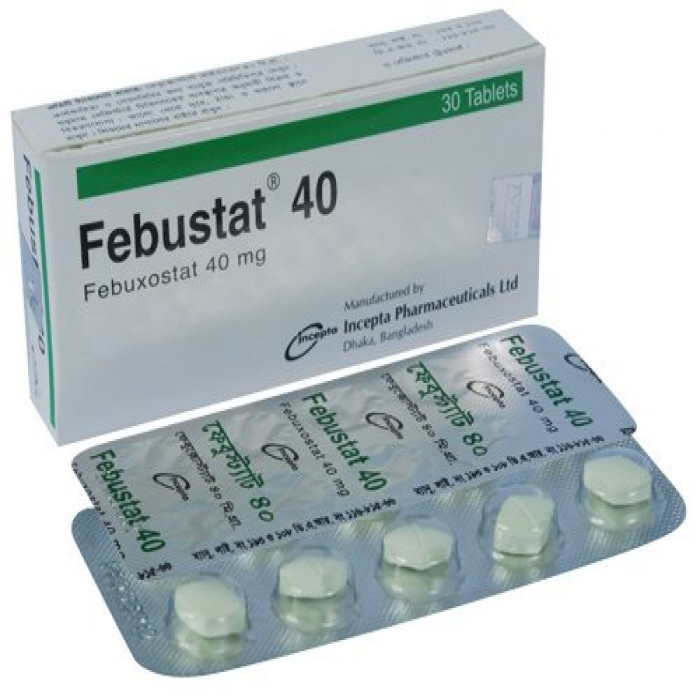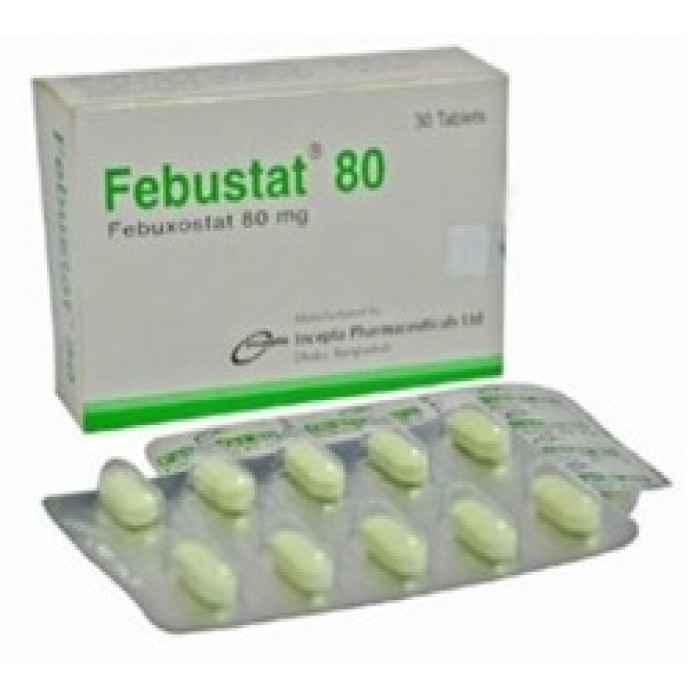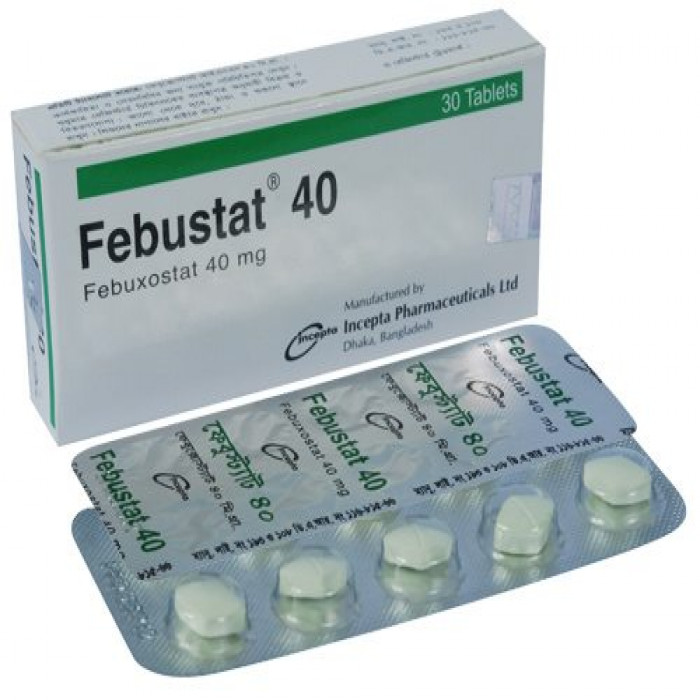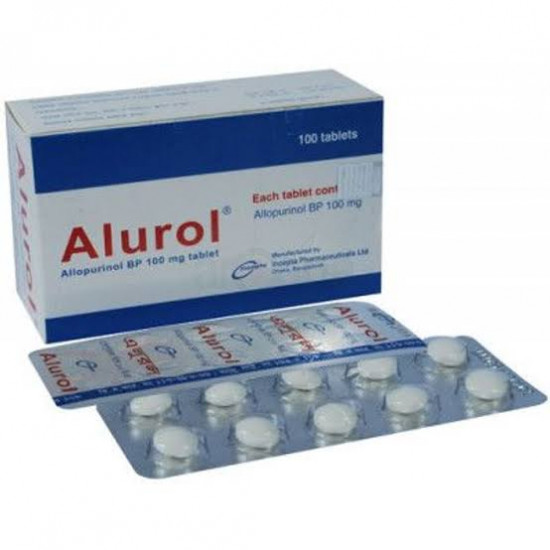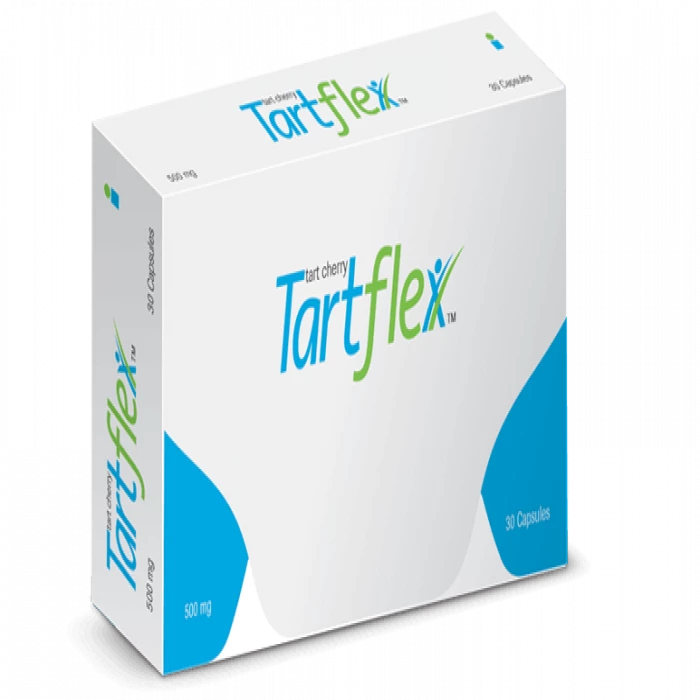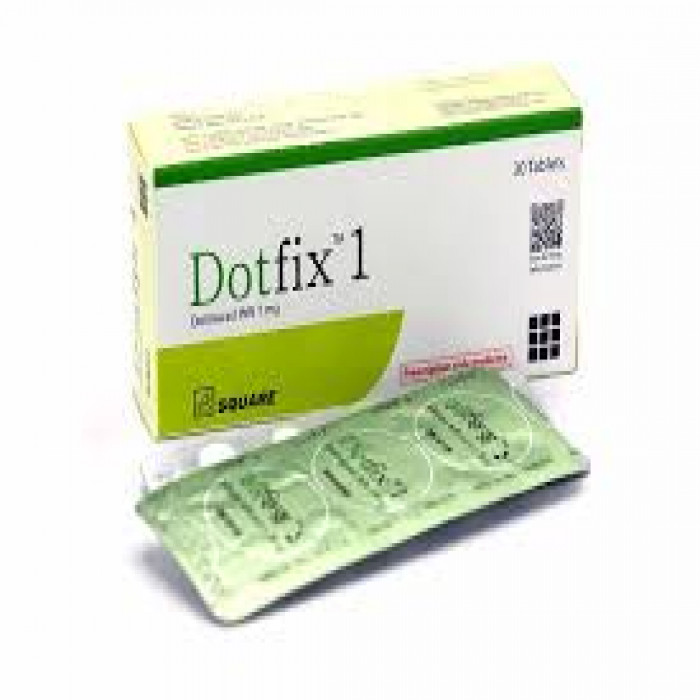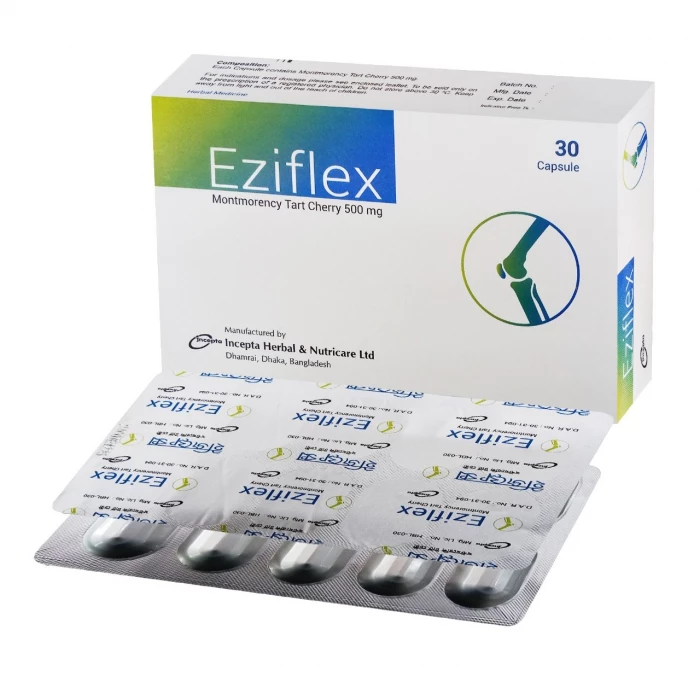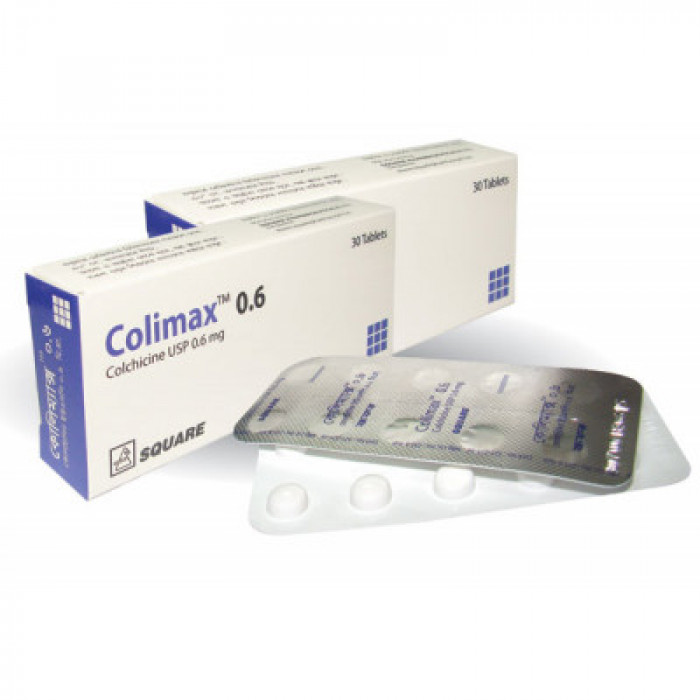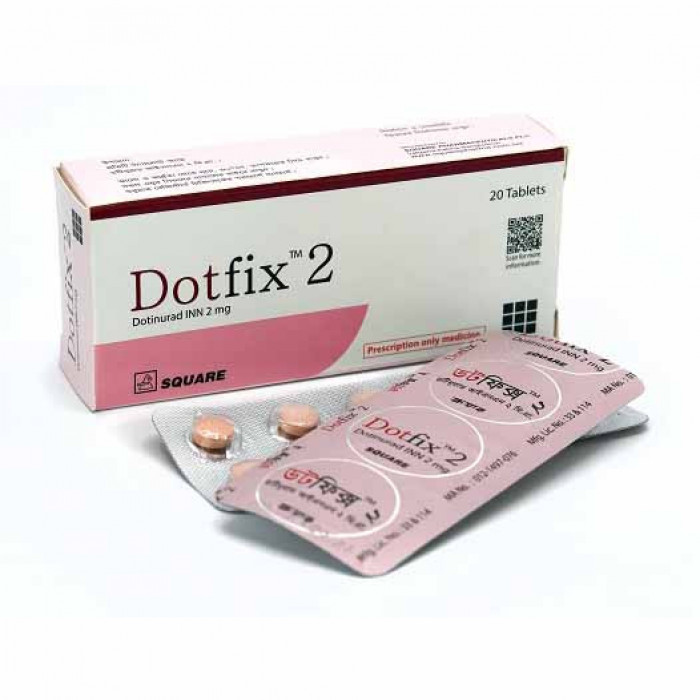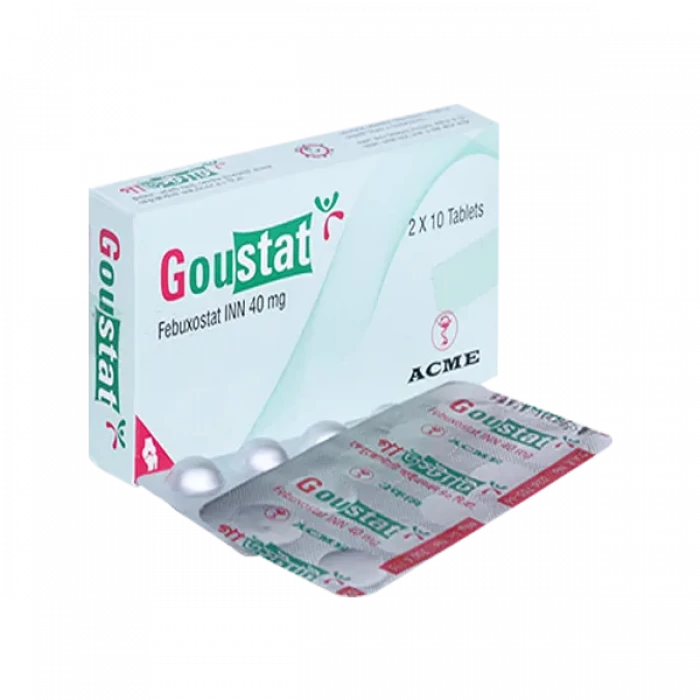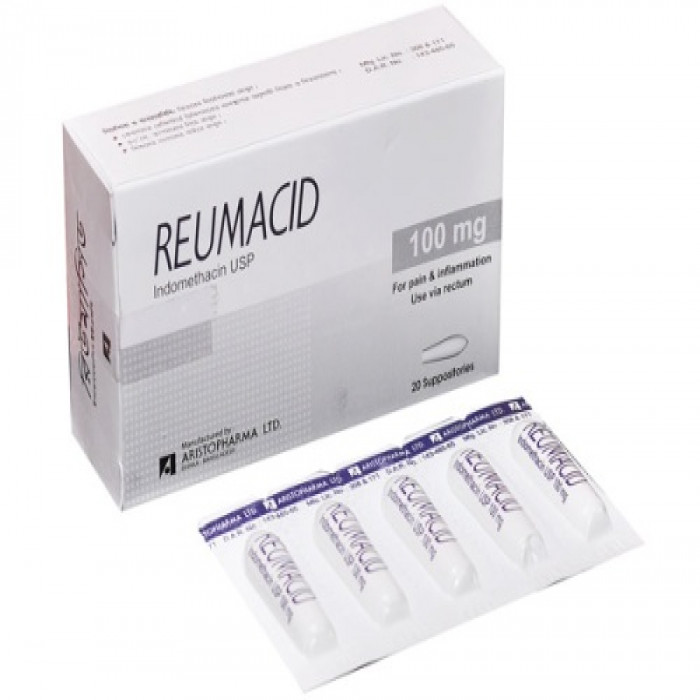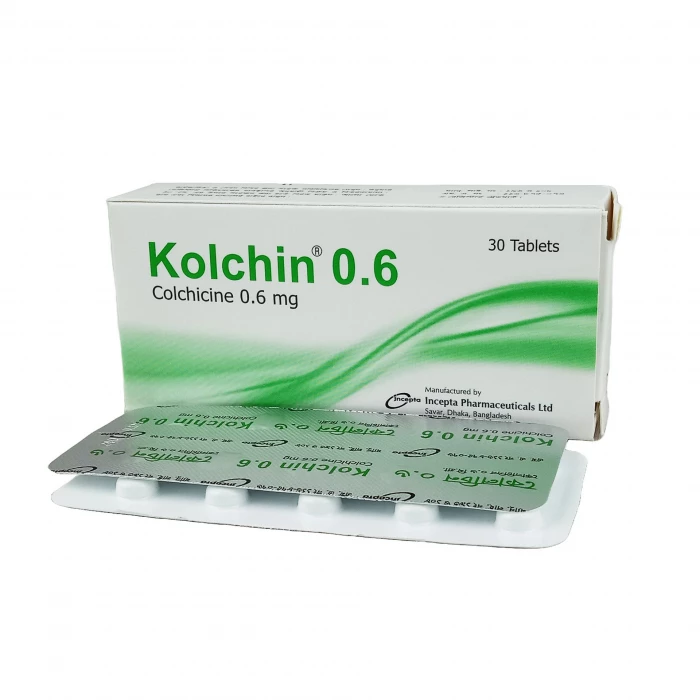
✔ 100% Authentic Product
👁️ Currently Viewing 3508
Kolchin 0.6mg Tablet 10pcs
Colchicine is an anti-gout agent that is used to prevent gout attacks and Familial Mediterranean Fever. It should be started at low doses and increased gradually. It is not recommended in patients with a known kidney and liver disease history.
Discount
Price: ৳ 48
MRP:
৳
50
5%
Off

100% Genuine Products, Guaranteed

Safe & Secure Payments, Always

Fast, Secure & Efficient Delivery

Proper Packaging
 Cash on Delivery - All over Bangladesh
Cash on Delivery - All over Bangladesh Regular Delivery - 12-24 Hours, Dhaka City* Charge Tk.39-59
Regular Delivery - 12-24 Hours, Dhaka City* Charge Tk.39-59 Regular Delivery - 24-48 Hours, Other Cities* Charge Tk.99-110
Regular Delivery - 24-48 Hours, Other Cities* Charge Tk.99-110
🌙 রমযান অফার 🌙
 ফ্রি ডেলিভারিঃ - ৭৯৯ টাকা+ অর্ডারে, ঢাকা
শহরে
ফ্রি ডেলিভারিঃ - ৭৯৯ টাকা+ অর্ডারে, ঢাকা
শহরে ফ্রি ডেলিভারিঃ - ২৭৯৯ টাকা+ অর্ডারে, ঢাকার
বাহিরে
ফ্রি ডেলিভারিঃ - ২৭৯৯ টাকা+ অর্ডারে, ঢাকার
বাহিরে
📲 মোবাইল অ্যাপ অর্ডারে সাশ্রয় বেশী
-
Google Play Store থেকে ডাউনলোড
-
Apple Store থেকে ডাউনলোড
100% Genuine Products, Guaranteed
Safe & Secure Payments, Always
Fast, Secure & Efficient Delivery
Proper Packaging
 Cash on Delivery - All over Bangladesh
Cash on Delivery - All over Bangladesh Regular Delivery - 12-24 Hours, Dhaka City* Charge Tk.39-59
Regular Delivery - 12-24 Hours, Dhaka City* Charge Tk.39-59 Regular Delivery - 24-48 Hours, Other Cities* Charge Tk.99-110
Regular Delivery - 24-48 Hours, Other Cities* Charge Tk.99-110 ফ্রি ডেলিভারিঃ - ৭৯৯ টাকা+ অর্ডারে, ঢাকা
শহরে
ফ্রি ডেলিভারিঃ - ৭৯৯ টাকা+ অর্ডারে, ঢাকা
শহরে ফ্রি ডেলিভারিঃ - ২৭৯৯ টাকা+ অর্ডারে, ঢাকার
বাহিরে
ফ্রি ডেলিভারিঃ - ২৭৯৯ টাকা+ অর্ডারে, ঢাকার
বাহিরে- Google Play Store থেকে ডাউনলোড
- Apple Store থেকে ডাউনলোড
🌙 রমযান অফার 🌙
📲 মোবাইল অ্যাপ অর্ডারে সাশ্রয় বেশী
✅ Description:
Kolchin 0.6 treats and prevents gout by reducing inflammation, which causes pain, swelling, and other symptoms. It can be taken with or without food. Take it regularly at the same time each day for maximum benefit. Continue the course even if you feel better, as stopping early may worsen symptoms. Common side effects include nausea, vomiting, abdominal pain, and diarrhea. Consult your doctor if these side effects persist.
Before taking this medicine, inform your doctor of any heart, kidney, or liver problems. Pregnant and breastfeeding mothers should consult their doctors.
Safety Advices

Alcohol
UNSAFE
Exercise caution when consuming alcohol with Kolchin 0.6. Consult your doctor for guidance.

Pregnancy
CONSULT YOUR DOCTOR
Kolchin 0.6 may be unsafe during pregnancy. Although human studies are limited, animal studies have shown potential harm to the developing baby. Your doctor will assess the benefits and potential risks before prescribing it. Consult your doctor.

Breastfeeding
CONSULT YOUR DOCTOR
Kolchin 0.6 is likely safe to use during breastfeeding. Limited human data suggest it poses no significant risk to the baby.

Driving
CAUTION
Kolchin 0.6mg Tablet may decrease alertness, affect vision, or cause drowsiness and dizziness. Avoid driving if these symptoms occur.

Kidney
CONSULT YOUR DOCTOR
Kolchin 0.6mg Tablet should be used with caution in patients with kidney disease. Dose adjustments may be necessary. Consult your doctor. Preferably avoid Kolchin 0.6 if you have severe kidney disease.

Liver
CONSULT YOUR DOCTOR
Kolchin 0.6mg Tablet should be used with caution in patients with severe liver disease. Dose adjustments may be needed. Consult your doctor. Close monitoring is recommended for mild to moderate liver disease, but dose adjustments are not typically necessary.
✔️ Uses of Kolchin 0.6mg Tablet
Acute gout, Familial Mediterranean Fever, Behcet's disease, Gouty arthritis
✔️ How does Kolchin 0.6mg Tablet work?
It works by inhibiting the migration of natural substances that cause inflammation into the inflamed area.
✔️ Side Effects of Kolchin 0.6mg Tablet
- Diarrhea
- Nausea and Vomiting
- Stomach pain
- Headache
- Muscle weakness
- Skin rash
- Hair loss
- Decreased appetite
✔️ Quick Suggestions:
- Kolchin 0.6 is used for treating and preventing gout.
- It interacts with many medications. Inform your doctor about all the drugs you are taking.
- Inform your doctor if you experience severe nausea, vomiting, diarrhea, or tingling in fingers or toes.
- It can reduce your body's ability to make new blood cells. Report any frequent bleeding, bruising, fevers, or persistent tiredness to your doctor.
- Avoid Kolchin 0.6 if you have severe liver or kidney disease, or if you are pregnant or breastfeeding.
✔️ Indications:
- Acute Gout
Colchicine is used in the treatment of gout which is a type of arthritis characterized by pain and inflammation of joints.
- Familial Mediterranean Fever
Colchicine is used in the treatment of Familial Mediterranean Fever which is an inherited condition characterized by recurrent fevers and painful inflammation of your abdomen, chest, and joints.
✔️ Pharmacology
Colchicine reduces inflammation by decreasing the inflammatory response to urate crystals and inhibiting lactic acid production by leukocytes, interrupting urate deposition and the inflammatory response.
✔️ Dosage & Administration of Kolchin 0.6mg Tablet
Adult Dose
- Acute gout flares: 1.2 mg initially, then 0.6 mg one hour later; max 1.8 mg in one hour.
- Prophylaxis: 0.6 mg once or twice daily; max 1.2 mg/day; after a flare, wait 12 hours before resuming prophylaxis.
- Familial Mediterranean Fever: 1.2-2.4 mg/day in single or divided doses; increase or decrease by 0.3 mg/day as necessary.
Child Dose
- Gout: Not recommended for under 16 years.
- Familial Mediterranean Fever:
- 4-6 years: 0.3-1.8 mg/day in single or divided doses.
- 6-12 years: 0.9-1.8 mg/day in single or divided doses.
12 years: 1.2-2.4 mg/day in single or divided doses.
Renal Dose
Renal impairment
- Mild to moderate: No adjustment needed; monitor for adverse effects.
- Severe: 0.3 mg/day initially; monitor and adjust as necessary.
✔️ Interaction
- May cause reversible malabsorption of vitamin B12 and increase response to CNS depressants and sympathomimetics.
- Increased risk of myopathy with simvastatin.
- Potentially fatal interactions with ciclosporin and macrolides, increase the risk of nephrotoxicity and myotoxicity.
✔️ Contraindications
Hypersensitivity; blood dyscrasias, severe renal impairment, pregnancy, debilitated patients; SC/IM administration.
✔️ Pregnancy & Lactation
- Pregnancy: No drug-associated risks for major birth defects, miscarriage, or adverse outcomes identified from published literature.
- Lactation: Present in human milk with no adverse events reported. Consider the benefits of breastfeeding and the mother's need for the drug.
✔️ Precautions & Warnings
- Use with caution in elderly patients and those with GI, cardiac, renal, and hepatic impairment. Prolonged therapy is not recommended.
- The drug enters breast milk; use with caution during lactation.
✔️ Storage Conditions:
Protect from light, store below 30°C. Keep the medicine out of the reach of children.
⚠️Disclaimer:
At ePharma, we’re committed to providing accurate and accessible health information. However, all content is intended for informational purposes only and should not replace medical advice from a qualified physician. Please consult your healthcare provider for personalized guidance. We aim to support, not substitute, the doctor-patient relationship.




